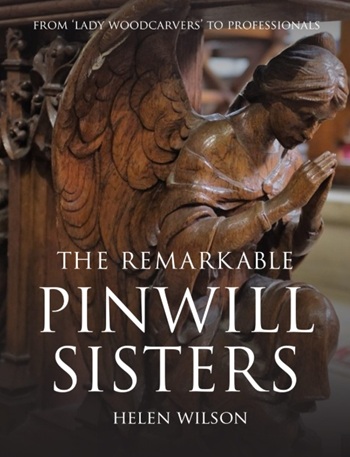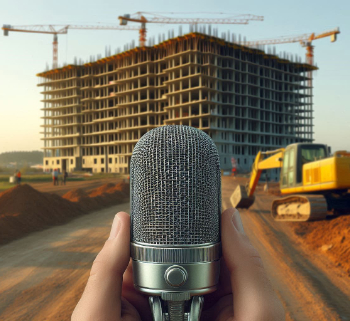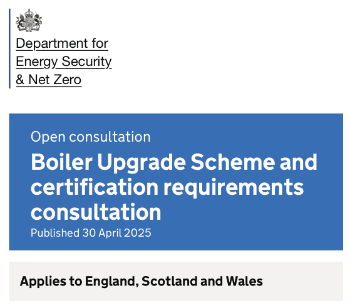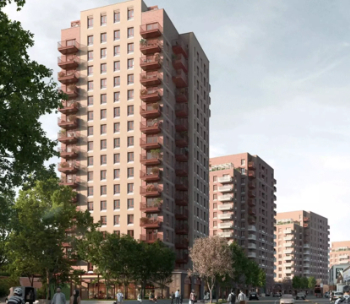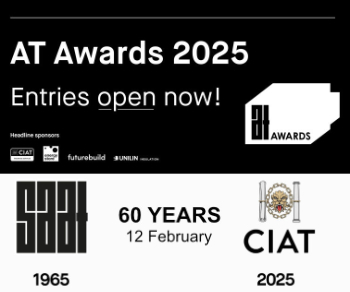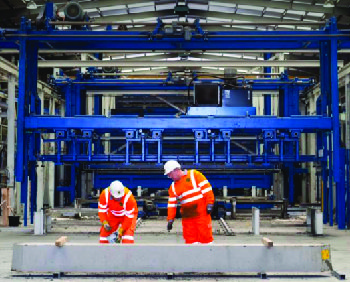Construction Industry Model Arbitration Rules CIMAR
Arbitration is a private, contractual form of dispute resolution. It provides for the determination of disputes by a third party arbitrator or arbitration panel, selected by the parties to the dispute.
The Construction Industry Model Arbitration Rules (CIMAR) were produced by the Society of Construction Arbitrators and introduced following the 1996 Arbitration Act. The rules have no statutory status and depend upon voluntary incorporation into contracts. They have been widely used for dispute resolution in the industry since being adopted as the standard by the Joint Contracts Tribunal (JCT).
According to CIMAR: 'The objective of the rules is to provide for the fair, impartial, speedy, cost-effective and binding resolution of construction disputes, with each party having a reasonable opportunity to put his case and to deal with that of his opponent.'
Once the arbitrator has been appointed under these rules, the parties may not, without the arbitrator's agreement, amend the rules or impose procedures in conflict with them. The rules apply where:
- A single arbitrator is to be appointed.
- The seat of the arbitration is in England, Wales or Northern Ireland.
The rules deal with the following areas:
- Beginning and appointment.
- Joinder.
- Particular powers.
- Procedure and evidence.
- Form of procedure and directions.
- Short hearing.
- Documents only.
- Full procedure.
- Provisional relief.
- Default powers and sanctions.
- Awards and remedies.
- Costs.
[edit] Find out more
Related articles on Designing Buildings Wiki:
- Alternative dispute resolution.
- Arbitration.
- Arbitration Act.
- Causes of construction disputes.
- Dispute resolution boards.
- JCT.
- Joinder.
- NEC3.
- NEC contract change management systems.
- NEC early contractor involvement.
- Pendulum arbitration.
- Provisional relief.
- Target cost.
[edit] External references
Featured articles and news
The Remarkable Pinwill Sisters: from ‘lady woodcarvers’ to professionals. Book review.
Skills gap and investment returns on apprenticeships
ECA welcomes new reports from JTL Training and The Electrotechnical Skills Partnership.
Committee report criticises UK retrofit schemes
CIOB responds to UK’s Energy Security and Net Zero Committee report.
Design and construction industry podcasts
Professional development, practice, the pandemic, platforms and podcasts. Have we missed anything?
C20 Society; Buildings at Risk List 2025
10 more buildings published with updates on the past decade of buildings featured.
Boiler Upgrade Scheme and certifications consultation
Summary of government consultation, closing 11 June 2025.
Deputy editor of AT, Tim Fraser, discusses the newly formed society with its current chair, Chris Halligan MCIAT.
Barratt Lo-E passivhaus standard homes planned enmasse
With an initial 728 Lo-E homes across two sites and many more planned for the future.
Government urged to uphold Warm Homes commitment
ECA and industry bodies write to Government concerning its 13.2 billion Warm Homes manifesto commitment.
From project managers to rising stars, sustainability pioneers and more.
Places of Worship in Britain and Ireland, 1929-1990. Book review.
The emancipation of women in art.
Call for independent National Grenfell oversight mechanism
MHCLG share findings of Building Safety Inquiry in letter to Secretary of State and Minister for Building Safety.
The Architectural Technology Awards
AT Awards now open for this the sixth decade of CIAT.
50th Golden anniversary ECA Edmundson awards
Deadline for submissions Friday 30 May 2025.
The benefits of precast, off-site foundation systems
Top ten benefits of this notable innovation.







